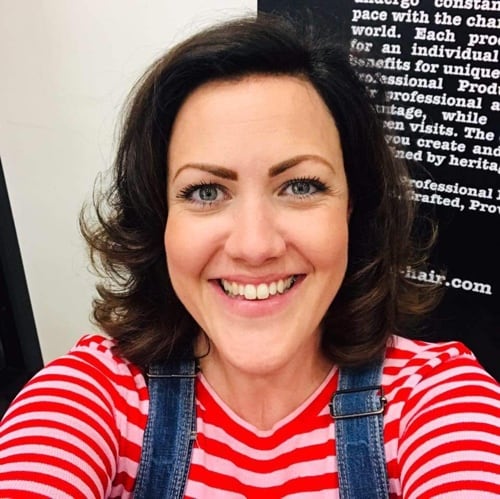Trust, Facts & Fake News
This year’s World Press Freedom Day theme “Information as a Public Good” serves as a call to affirm the importance of cherishing information as a public good, and exploring what can be done in the production, distribution, and reception of content to strengthen journalism, and to advance transparency and empowerment while leaving no one behind. The theme is of urgent relevance to all countries across the world. It recognises the changing communications system that is impacting on our health, our human rights, democracies, and sustainable development.
It was November 2019. Donald Trump had been president of America for almost three years, there’d been an explosion of what became known as Trumpism and a politics of disinformation.
In the United Kingdom, the Brexit vote of 2016 had concluded that it was leaving the EU, and negotiations were in full flow. But the Brits were also in the midst of another General Election dogged by rows over disinformation too.
My team and I had unexpectedly managed to secure an interview with the Conservative MP Michael Gove - he was on a visit to Scotland where we were based.
We meticulously researched our interview questions, as we rarely had the opportunity to interview a UK Government minister. We understood the significance of those timed moments of access to someone in power and the responsibility we had to the public to ask the right questions, scrutinise government claims and help to inform.
Then, the night before our interview, there was a televised debate between Boris Johnson and Jeremy Corbyn (the leader of the Labour Party at the time) where the Conservative Party had renamed their main media account on Twitter as “factcheckUK”.
Although the Twitter handle remained as @CCHQPress, all other branding was changed to resemble an independent factchecking outlet, meaning it may not have been immediately apparent to an individual who saw the account’s tweets in their feed that it was a product of Conservative party HQ.
We knew we had to alter our plans to make sure we could ask about this.
Before we reached the farm, where our interview was to take place, we pulled over on the side of the road to briefly rehearse. We discussed camera angles and agreed that we should film the whole interview with both interviewer and interviewee in shot throughout. It was an accountability interview and we wanted to avoid any accusations that we had edited it in some way to our advantage – sadly an issue we have to take into consideration.
If you are interested in watching the interview, I’ve linked it here. Although at times it is uncomfortable to watch, it was a measured pursuit of the truth amid a fog of disinformation surrounding the general election and earlier the EU referendum.
What is also important is that work like this is seen and has impact, otherwise it can become lost. In the end this interview was viewed and shared millions of times on social media, it was the subject of debate shows and newspaper columns. In the Radio Times, John Simpson declared it a “defining moment of the election”.
The reason the interview had the impact it did at the time, was that it was an outlier. And given all we know now with Trumpism and disinformation, it shouldn’t have been.
But the interview had far broader significance because it exposed an unethical culture and shone a light on alternative facts and resistance to scrutiny.
Little did we know that a month on from this interview the world would plunge into a pandemic. A year where journalistic scrutiny was to play a huge role in some of the most data heavy and complicated issues of our time.
Like journalists around the world, our role was to hold governments to account for the decisions being made.
A year on and we are still in the claws of that pandemic. We look to India and the suffering there, where it was previously reported that politicians had made claims they’d “beaten the pandemic”.
There are difficult years ahead, with the impact the pandemic has had around the world, the crisis engulfing India, investigations into alleged improper conduct by the UK Prime Minister, the increasing tension in Northern Ireland and the Climate Change conference (COP26) coming to Scotland in November – this is significant because it will be the first one to take place after the Paris Agreement measures take effect. The year ahead will be unrelenting for my team.
There are of course, too many global situations to be able to list them all here and it will be the same for journalists like me, everywhere.
Many people will inform themselves, but with the threat of fake news, propaganda, its important people find sources and journalists they trust to expose unethical practices - these journalists play such an important role in providing the scrutiny that exposes the truth.
As Nelson Mandela said, “A critical, independent and investigative press is the lifeblood of any democracy”.
One piece of advice for your younger self.
There is no right path – everything is what you make of it.
If you had to choose an alternative career, what would you be doing now?
Outdoor activities instructor, focused on helping disadvantaged city kids get out into the countryside.
At the end of your career, if you were to sit and reflect, what one hope do you have?
I would hope that I’d been able to give people a voice, expose wrongdoing and hold those in power to account.
